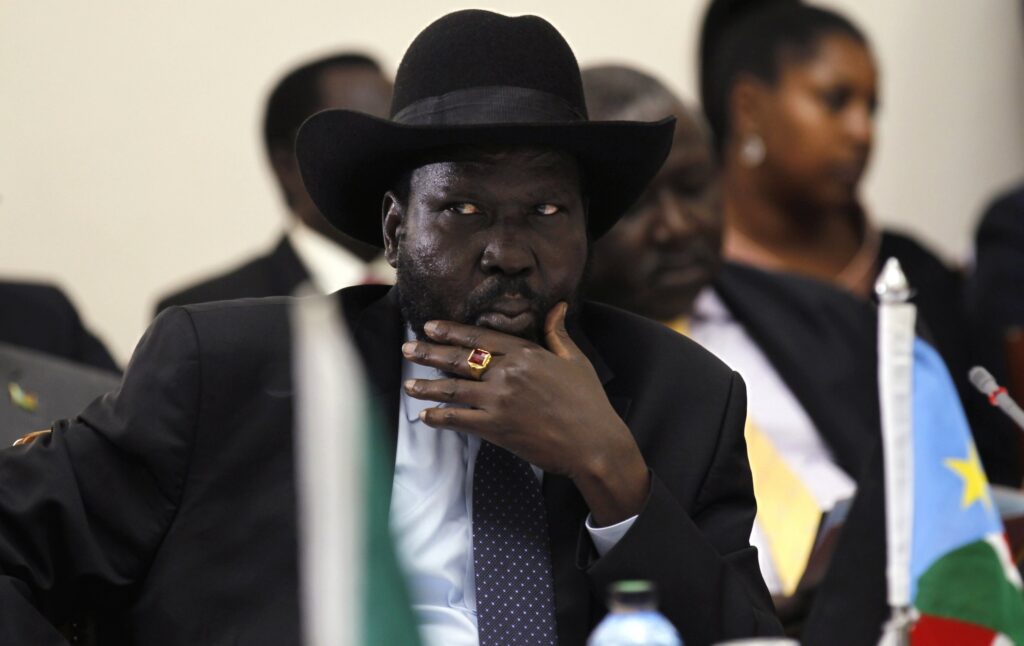South Sudan’s President Salva Kiir has dismissed Akol Koor Kuc, the country’s long-serving intelligence chief, replacing him with a close ally, Akec Tong Aleu, according to a presidential decree announced on state broadcaster SSBC. Kuc had led the internal security bureau of the National Security Service (NSS) since South Sudan gained independence from Sudan in 2011, playing a significant role in shaping the country’s controversial security apparatus. The dismissal follows the government’s decision to extend the transitional period by two more years and delay national elections, originally scheduled for 2022, for a second time.
The delay in elections has drawn sharp criticism from international actors, including the United States, as well as guarantors of South Sudan’s peace process. The postponement is seen by many as an attempt by the transitional government to consolidate power amid ongoing tensions. Calls to the government spokesperson and the office of the president regarding the dismissal have not been answered.
Rights groups, such as Amnesty International and Human Rights Watch, have long criticized the NSS for wielding excessive power and operating with impunity, particularly in its actions against civil society groups and activists. Akol Koor Kuc, who oversaw the NSS, was viewed by many as a key player in maintaining the government’s tight grip on power. His removal is seen as part of an internal power struggle within South Sudan’s ruling elite.
Analysts believe the decision to remove Kuc reflects President Kiir’s efforts to consolidate his control in light of the extended peace agreement. Boboya James, a policy and security analyst, told Reuters that Kiir likely replaced Kuc to avoid potential disruptions in national security and to bring loyalists into key positions within the government.
“The president doesn’t want very rapid decisions to cause a problem with national security,” James noted. “Now, with the extension of the peace agreement, he would want to consolidate power by beginning to bring loyalists” into the government, he added.
Akec Tong Aleu, the newly appointed intelligence chief, is considered a close ally of President Kiir, signaling a shift towards a more centralized and loyalist-driven governance approach as South Sudan navigates its delicate post-war transition.
South Sudan officially ended its five-year civil war in 2018, but tensions between President Kiir and his deputy, Riek Machar, who led opposing sides during the conflict, continue to undermine the peace process. Disagreements between the two leaders have delayed crucial reforms and elections, leaving the country in a fragile state of transition. The latest shakeup within the security apparatus may further complicate efforts to stabilize the country ahead of future elections.
The political landscape remains tense as President Kiir’s government seeks to maintain control and navigate the delayed transition period. The international community is closely watching these developments, with concerns over human rights violations and the continued marginalization of opposition voices in the country’s political process.



